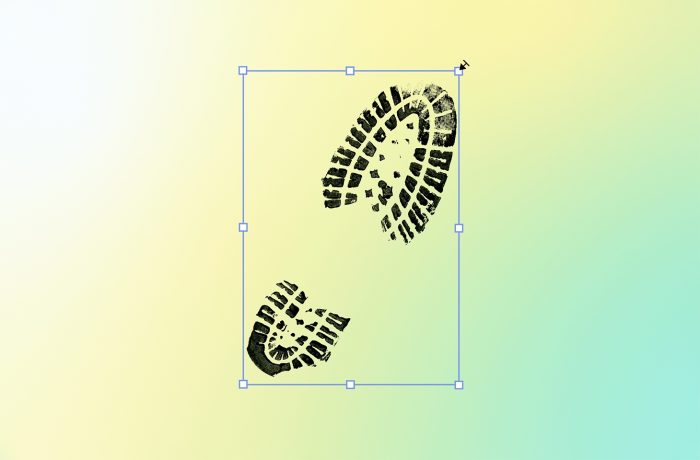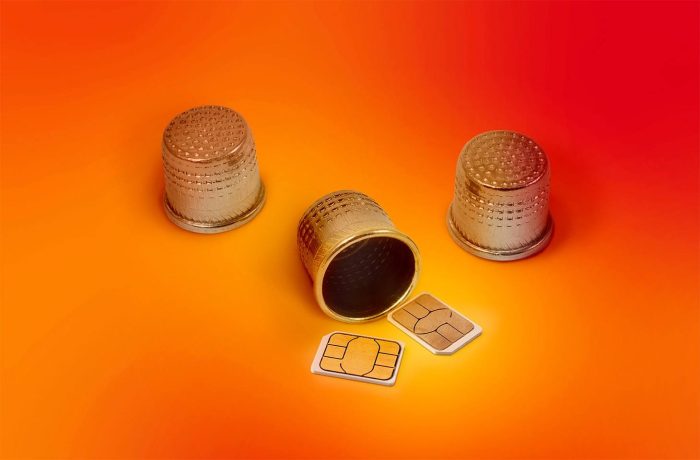
Telegram scams with bots, gifts, and crypto
Everything you need to know about the latest Telegram scams and phishing, and how to stay safe.
755 articles

Everything you need to know about the latest Telegram scams and phishing, and how to stay safe.

Wi-Fi sensing lets you monitor motion in your home – without cameras or motion sensors. We weigh the pros and cons of this increasingly popular technology.

Adjust your daily routines to leave as little data about yourself online as possible.

Funny hacks that became internet legends: talking traffic lights, a high-school Rickroll, robot vacuums on the rampage, a Lenovo defacement, and a Burger King hijack.

Can you ditch passwords entirely for passkeys? We explore when it’s possible, and when it’s still a challenge.

First, don’t panic. Second, change your passwords. What else? Read this blogpost to protect your accounts.

We’ve launched the Kaspersky eSIM Store — an easy way to buy and activate eSIM cards, giving you instant cellular internet access in over 150 countries and regions worldwide.

Researchers find 57 potentially dangerous browser extensions in the Chrome Web Store. Here’s why they’re dangerous, and how not to fall victim.

A year after its disastrous announcement, Microsoft is finally launching its AI-powered Recall feature on Copilot+ PCs. Is the new version secure, and what’s actually changed?

A popular blogger’s Instagram account was hijacked using a SIM-swap attack, and deepfakes were generated to scam followers.

Counterfeit smartphones imitating well-known brands and offered online come pre-installed with the powerful Triada Trojan.

We explain where and how to view porn without risking the security of your devices or your wallet.

Apple’s Find My network can be exploited to remotely track other vendors’ Android, Windows, and Linux devices.

A security researcher has investigated his own smart mattress cover, discovering several ways to hack it — including through a backdoor preinstalled by the developer.

We dive into the mechanics of the controversial nude-scanning app that has mysteriously materialized on a billion phones.

Online converters are a tempting but dangerous way to change file formats. We tell you how to convert files and not get trojanized.

We break down the most covert mechanism of smartphone surveillance using real-life examples.

Eight signs your WhatsApp account has been stolen — and steps to recover and protect it.

The recent leak at major location-data broker, Gravy Analytics, shines a light on the implications of mass location-data collection.

Everything you wanted to know about meme cryptocurrencies — such as TRUMP and DOGE — and ways to win or lose big.

We look into every method of hijacking WhatsApp, Telegram, and other messaging accounts – from quishing to fake gifts and viruses, and ways to protect yourself against them.